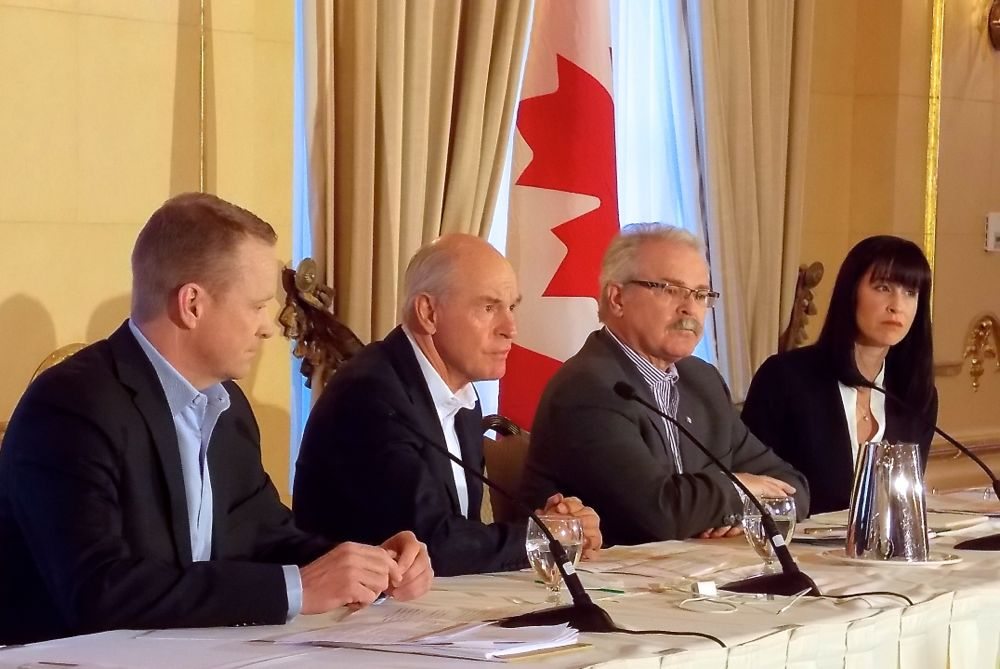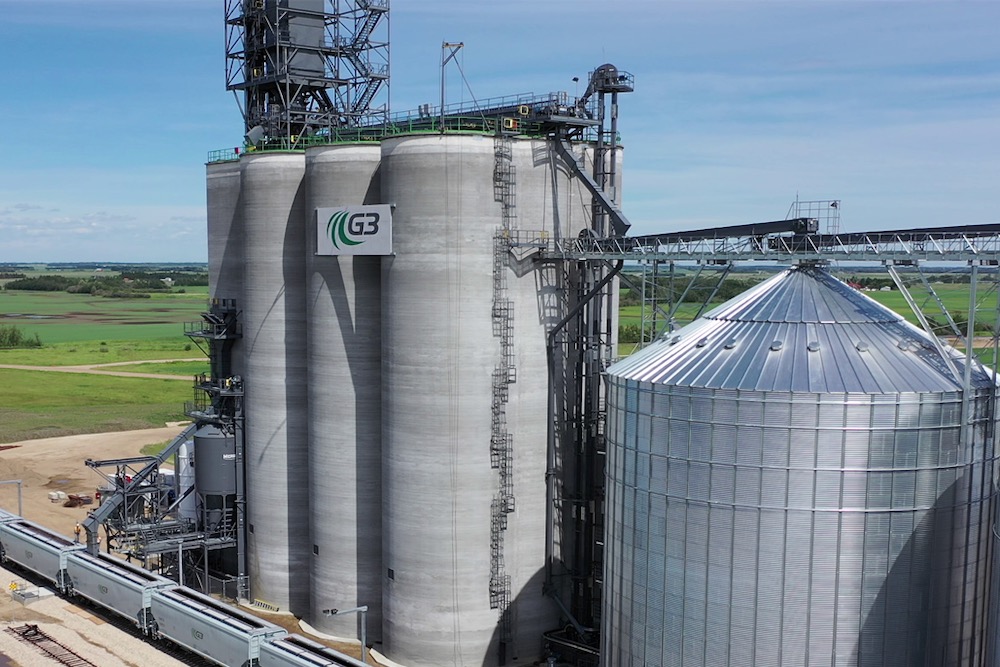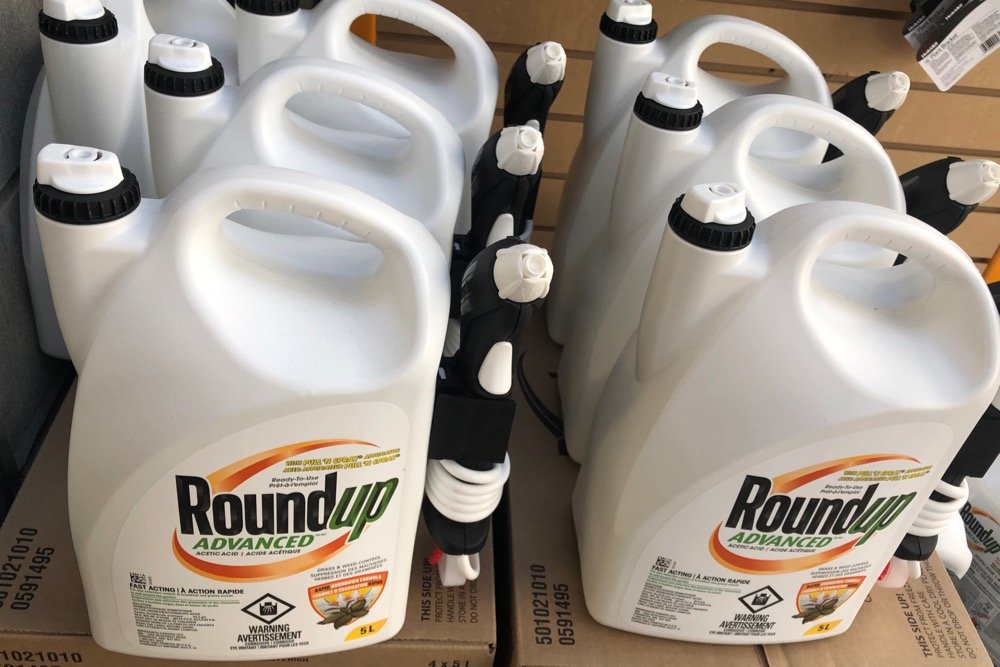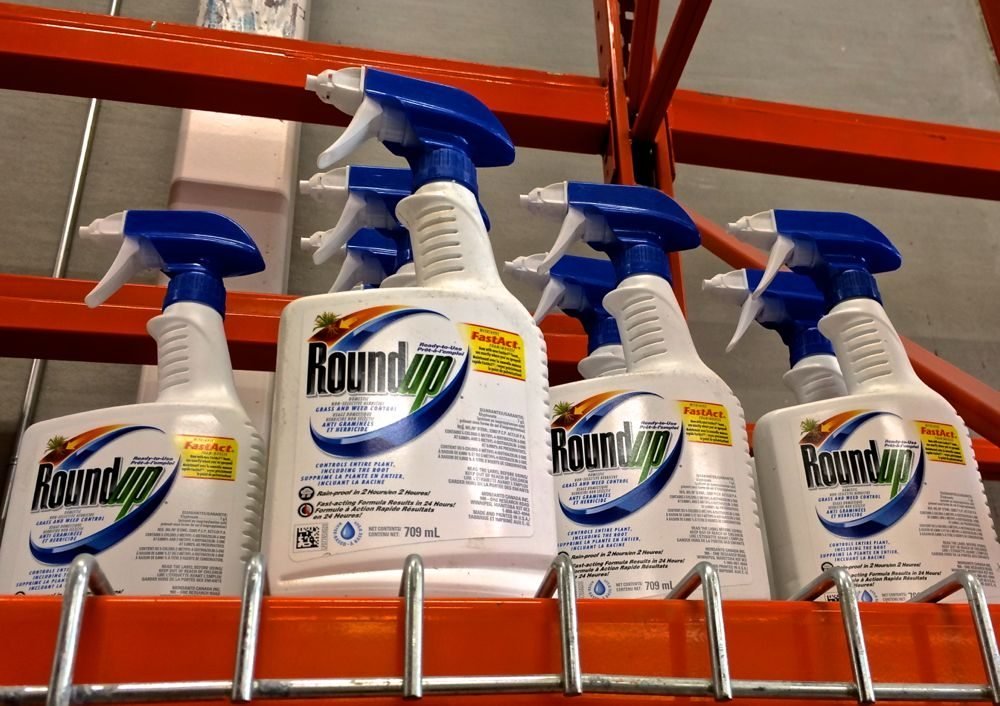One claim remaining from an unsuccessful bid at a class action suit by four Prairie farmers, over payouts to producers from the former Canadian Wheat Board, will be the farmers’ basis for a new filing.
The four farmers, whose previous proposed class action was dismissed with costs in April by the Supreme Court of Canada, announced Monday that their lawyers served an amended statement of claim on Friday in Federal Court in Ottawa.
The four — Andrew Dennis of Brookdale, Man., Nathan Macklin of DeBolt, Alta., Harold Bell of Fort St. John, B.C. and ex-CWB director Ian McCreary of Bladworth, Sask. — had originally sought to lead an action on behalf of Prairie wheat and barley growers, claiming about $17.06 billion in damages from the end of the CWB’s single marketing desk.
Read Also
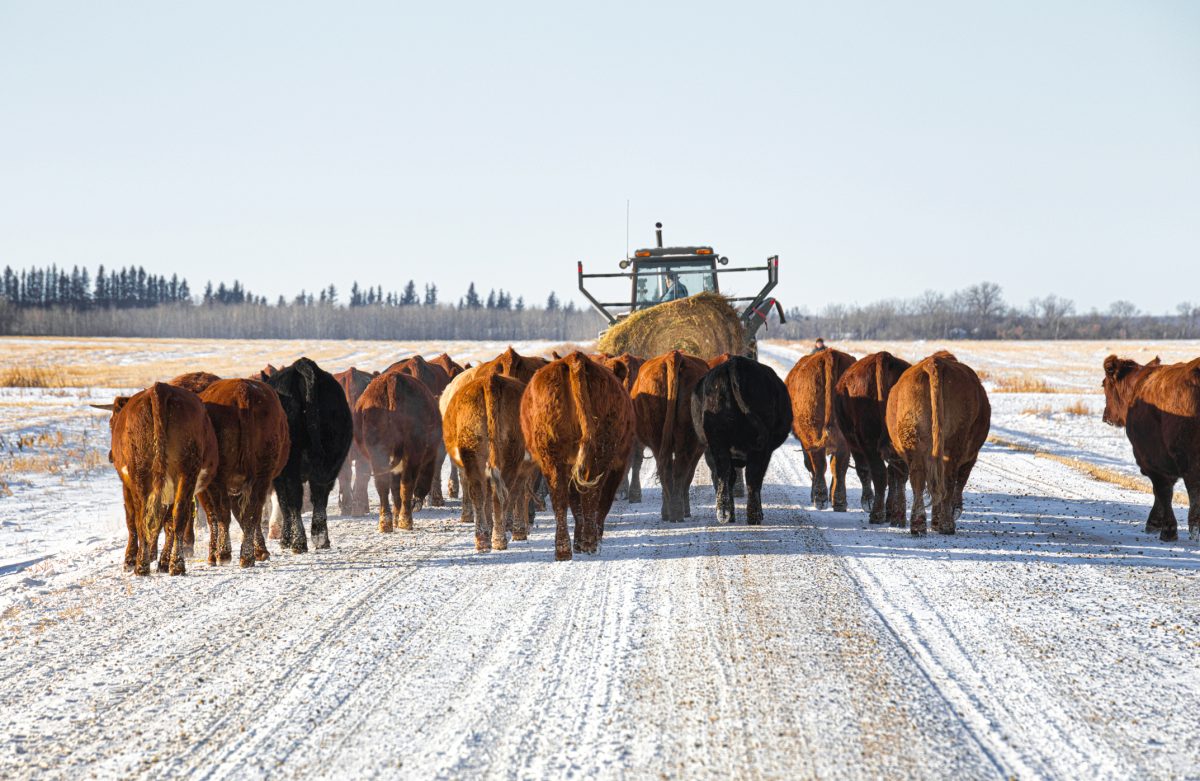
U.S. livestock: Cattle sink ahead of semi-annual inventory report
Chicago cattle futures fell on Thursday ahead of the USDA’s semi-annual cattle inventory report. Hog futures were mixed. Most-traded April…
Friday’s amended statement of claim instead alleges only that the federal government “shortchanged farmers by approximately $720 million of farmers’ money” from the CWB in 2011-12, as Ottawa moved to deregulate and dismantle the CWB’s single marketing desk for Prairie wheat and barley.
The share of CWB revenue allocated to farmers during the 2011-12 crop year was “substantially out of line” with previous years of wheat board operations, according to Stewart Wells, chair of Friends of the Canadian Wheat Board, a pro-single-desk group supporting the proposed class action.
“The audited financial statements of the Canadian Wheat Board show that when the elected farmers were running the (board of directors at the) CWB, almost 93 per cent of sales revenue was returned to farmers” between 1998 and the 2010-11 crop year, Wells said Monday in a release.
There is “no justification,” he said, for the CWB to return only 83 per cent of sales revenue to farmers in 2011-12.
The difference between 93 and 83 per cent “is in the order of $720 million,” said Wells, who farms near Swift Current, Sask. and was a member of the farmer-elected portion of the CWB’s board until the federal government fired those directors in 2011.
“It should be noted that 2011-12 sales recorded the third highest revenue since farmers were put in charge of the board in 1998,” he added.
“The CWB Act makes it clear that only the actual costs of the CWB’s operations to sell a crop can be deducted from the money to be paid to farmers for that crop,” the farmers’ Winnipeg lawyer, Anders Bruun, said in FCWB’s release Monday.
“We are concerned that the CWB’s expenses more than doubled for the 2011-12 crop year after the (farmer-led board members) were removed on Dec. 15, 2011.”
“No arguments”
The farmers, in their previous suit, alleged the federal government, in the CWB’s 2011-12 pool period, “used monies that should have been paid to producers… to cover substantial costs and losses” relating to CWB’s shift away from the single desk.
The farmers, in their suit, had also claimed the government “failed to establish a reasonable price for grain remaining unsold after the 2011-12 pool period… (and thus) caused an improper transfer from the amount to be distributed to producers.”
Federal Court Justice Daniele Tremblay-Lamer, whose 2013 ruling against the four farmers’ previous lawsuit was upheld by the Supreme Court dismissal, said in her ruling that she would allow those aspects of the farmers’ case to continue.
Lawyers for the federal government, during that previous court case, presented “no arguments… to demonstrate that the claims are untrue or could not succeed at trial,” Tremblay-Lamer wrote at the time.
Wells said Monday the FCWB plans also to ask the federal Auditor General to investigate “what really happened to the money farmers should have earned from their grain sales in 2011-12.” — AGCanada.com Network



